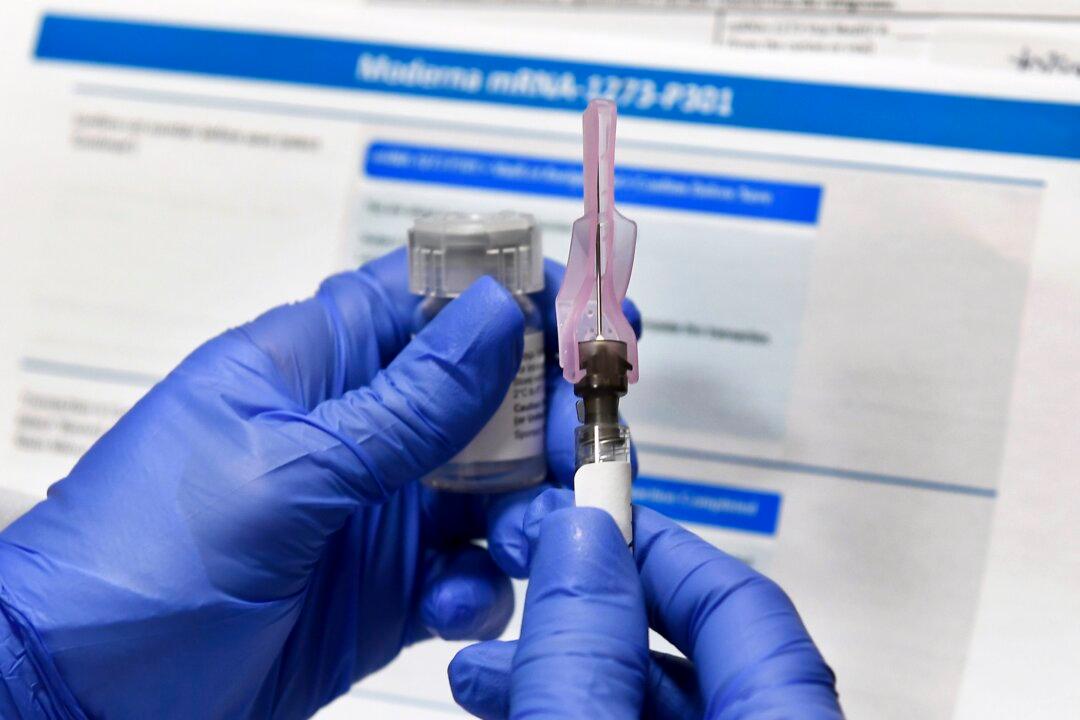More than one in five American voters would never get a COVID-19 vaccine even if it was offered for free, according to a CBS News poll (pdf) released on Sept. 6.
Only 21 percent of the voters surveyed said they would get the free vaccine as soon as possible, the same percentage as those who said they would never get one. The majority of those surveyed (58 percent) said they would consider a vaccine but would wait to see how it had worked for others.





